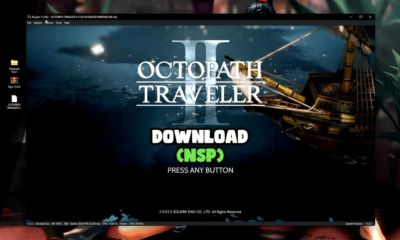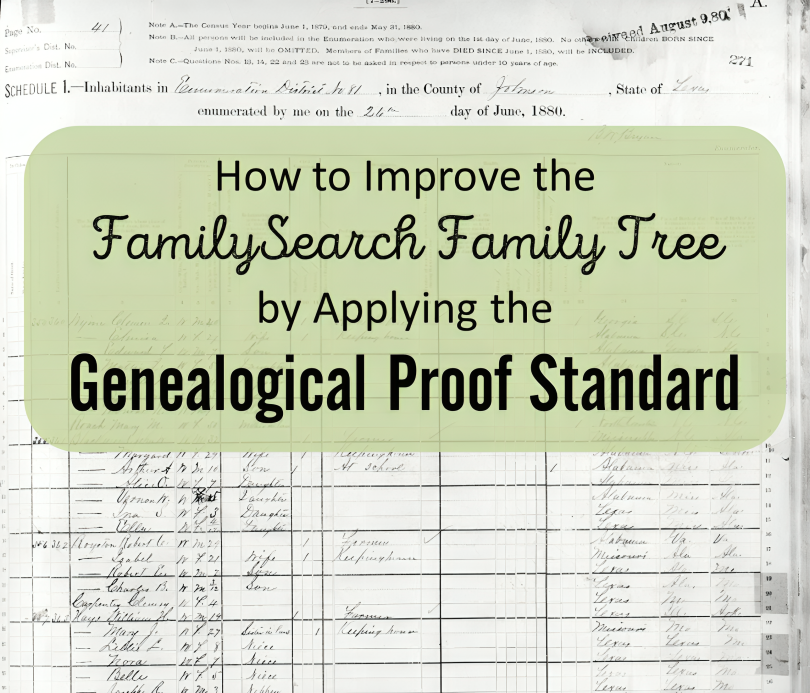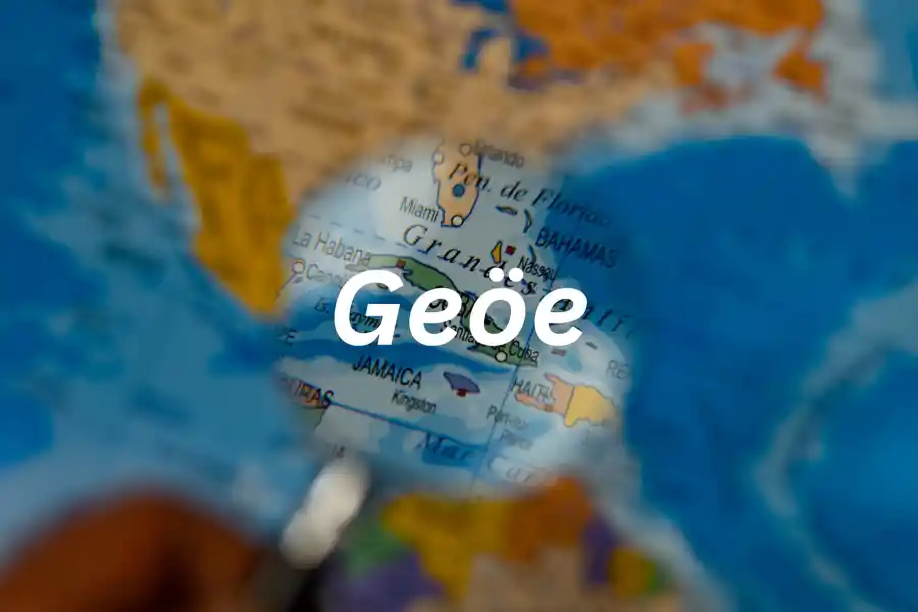Science
Exploring the Scientific Frontiers with GitLab: Collaboration and Innovation

Exploring the Scientific Frontiers with GitLab collaboration and version control are more important than ever in the dynamic field of scientific research and development. GitLab, traditionally used in the software industry, has recently emerged as a key player in the academic research community. Exploring the Scientific Frontiers with GitLab in this post, we’ll look at how GitLab is changing the way researchers share information, organize their work, and share in the rewards of scientific discovery.
GitLab: Beyond Software Development
The Power of Version Control
Exploring the Scientific Frontiers with GitLab main strength as a tool for scientific study is its version control features. Exploring the Scientific Frontiers with GitLab scientists may now easily collaborate on data analysis, laboratory experiments, and published publications while keeping track of all changes and revisions.
Collaborative Workflows
Scientists from all over the world may work together in real time because to GitLab’s environment. GitLab’s teamwork tools make it easy for researchers from different fields to work together and share their findings.
GitLab in Scientific Research
Managing Research Projects
For scientific research projects, GitLab’s project management features are indispensable. With its milestones and task assignment features, it provides a methodical framework for managing research projects.
Data Science and Analysis
GitLab can be used for more than just text-based endeavors. It allows scientists to save datasets, monitor changes to data processing scripts, and collaborate on data-driven projects, all of which are useful for data science and analysis.
Reproducible Research
Science relies heavily on being able to replicate previous studies. GitLab’s version control system keeps track of all the research that goes into a project, so that others can easily reproduce and expand upon the findings.
Opportunities for Scientific Communities
Open Science
GitLab is perfectly in line with the tenets of open science. Academics can now publish their findings online, work together on projects, and add to the body of knowledge in their respective fields.
Community Building
GitLab can be used by scientific groups to create databases of shared information. It helps people with similar scientific interests bond and work together.
Customization
Because of GitLab’s adaptability, scientific communities can design their own procedures and repositories. GitLab is flexible enough to serve a wide range of scientific disciplines, from bioinformatics to physics.
Conclusion
Exploring the Scientific Frontiers with GitLab utility in the scientific community has well beyond its software development roots. It allows scientists to improve their productivity, transparency, and ability to expand human knowledge by providing tools for version control, collaborative workflows, and project management. Exploring the Scientific Frontiers with GitLab has proven to be a trustworthy partner in the pursuit of ground-breaking discoveries and advances in the ever-evolving scientific world.
FAQs
Is GitLab only for programming-related projects?
Instead, GitLab is a flexible system that can be applied to a broad variety of endeavors, from basic research and data analysis to the creation of comprehensive documentation. It’s not just for computer coders.
Can I use GitLab for private research projects?
GitLab, in fact, supports both open and closed repositories. Your research projects are your own, and you have the option of sharing them with the world, or keeping them under wraps.
How does GitLab handle data security for sensitive research data?
Access restrictions and encryption are only two of GitLab’s many secure features. If researchers feel the need, they can install further safeguards to protect confidential information.
Can GitLab be integrated with other scientific tools and platforms?
Yes, GitLab is compatible with the scientific research environment thanks to its many integrations with other scientific tools and platforms.
Is GitLab suitable for large-scale scientific collaborations?
Absolutely. Large-scale scientific collaborations including researchers from different universities and geographical regions can benefit greatly from GitLab’s scalability and collaboration features.
Does GitLab support documentation and manuscript writing?
Yes, GitLab is an all-inclusive platform for the research lifecycle as it includes features for documentation and manuscript authoring.
-

 Tech8 months ago
Tech8 months agoGuide to Nextdoorstudios: Your Ultimate Resource
-

 Entertainment8 months ago
Entertainment8 months agoIzanami Backwards: Unveiling the Mysteries
-

 Travel8 months ago
Travel8 months agoTravel Essentials for Women: Your Ultimate Guide
-

 Automotive8 months ago
Automotive8 months agoThe Ultimate Guide to Car Detailing Near Me
-

 Real Estate8 months ago
Real Estate8 months agoChoice Home Warranty Awards: Celebrating Excellence
-

 Entertainment8 months ago
Entertainment8 months agoUnraveling Octopath Traveler II NSP
-

 Home and Garden8 months ago
Home and Garden8 months agoExploring the World of Spelling Bee Forums: Your Ultimate Guide
-

 Entertainment1 year ago
Entertainment1 year agoShowbizztoday.com Entertainment Lifestyle Music Fashion: Your Ultimate Guide

















